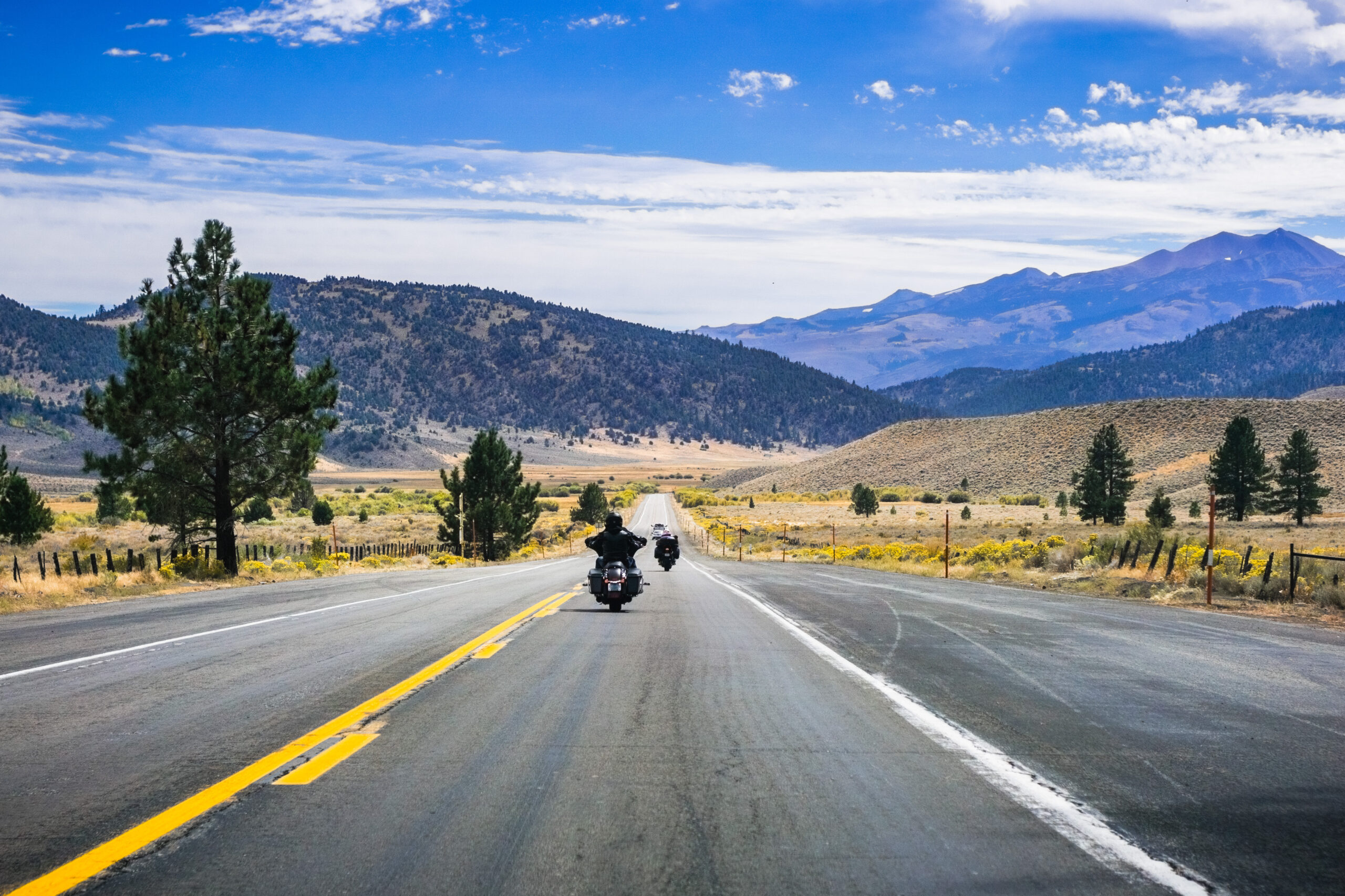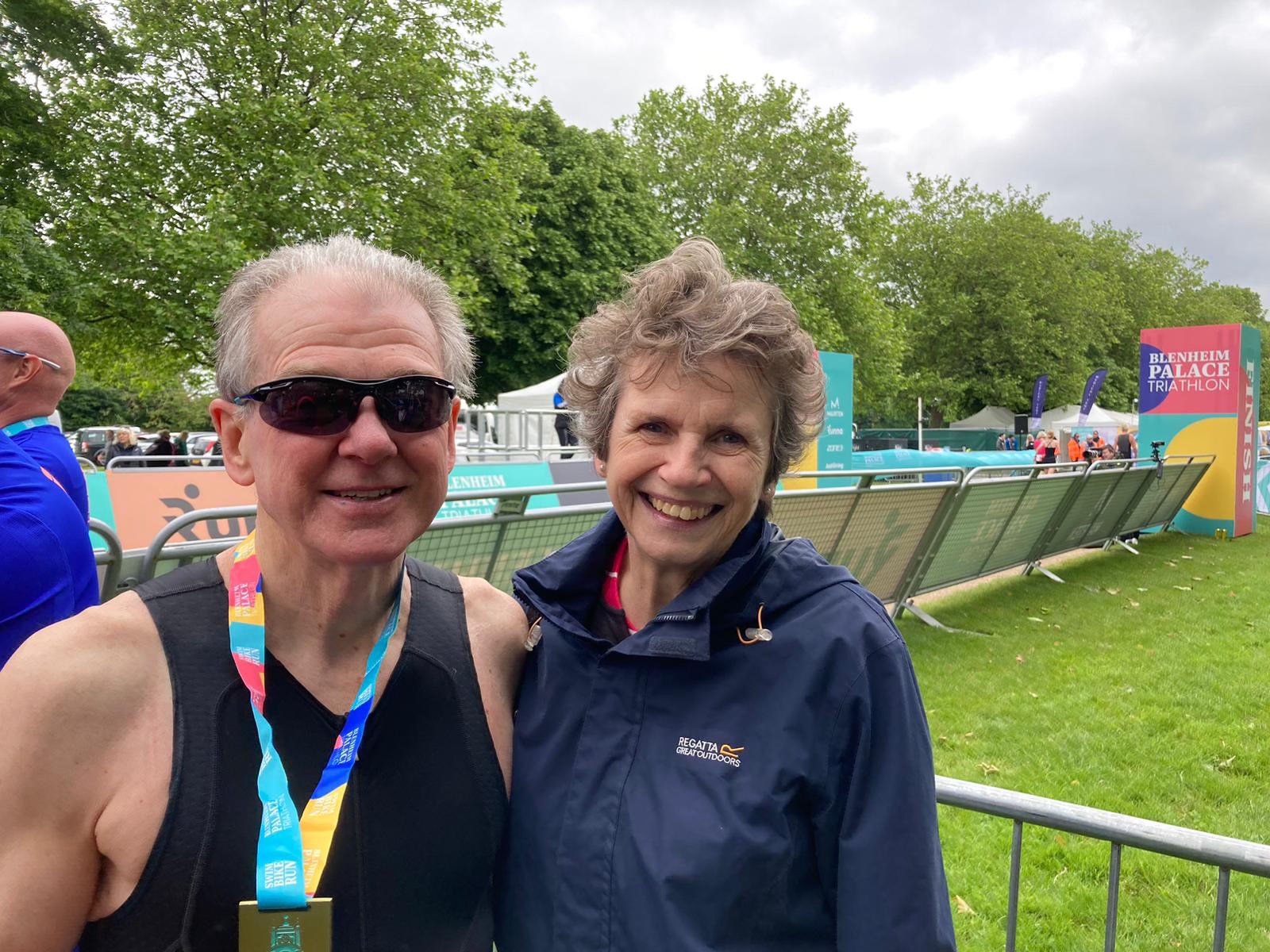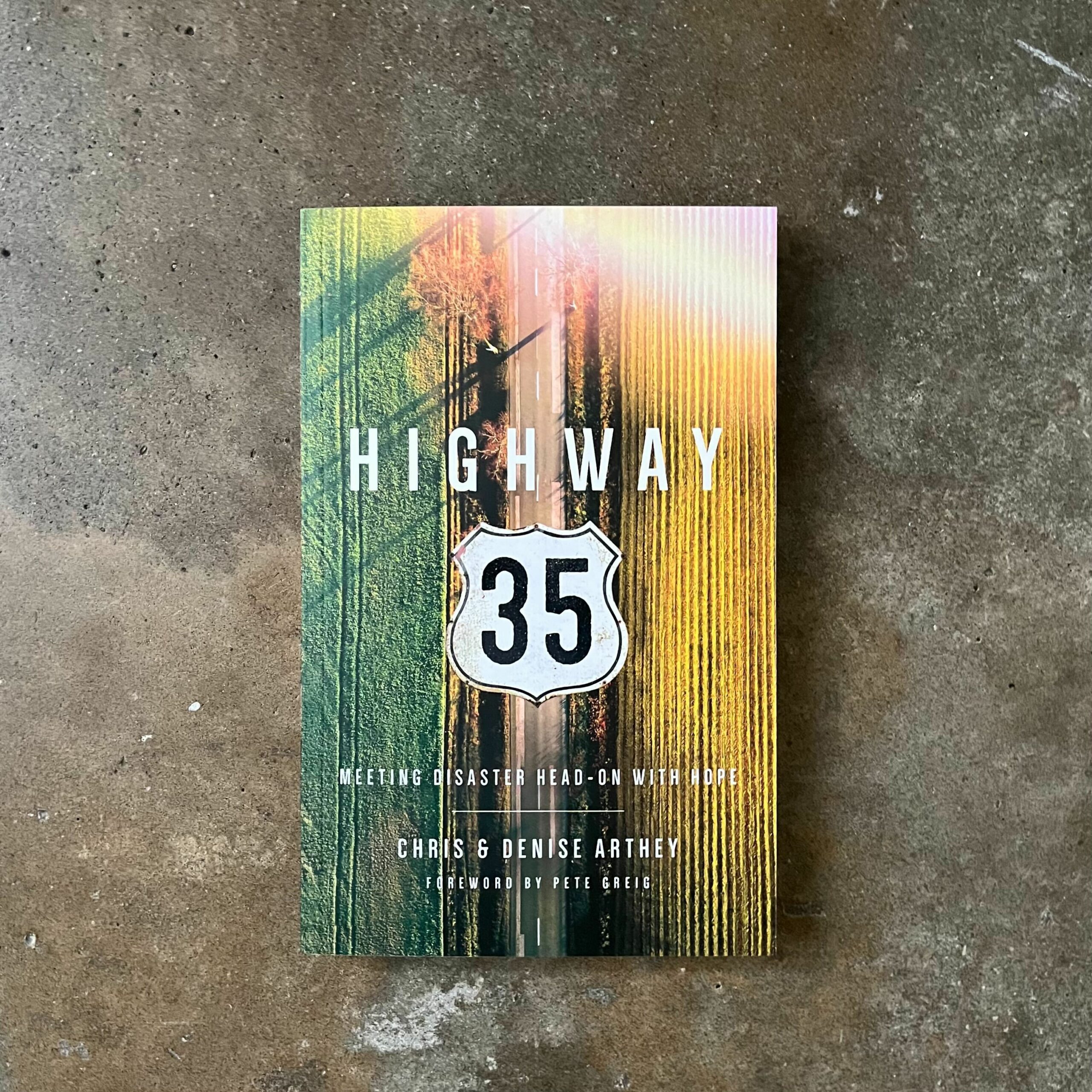‘We were just so grateful to be alive’
Denise Arthey, 69, lives in Godalming, Surrey, with her husband Chris, 69.
When the youngest of our three children left for university in September 2007, far from pining at home as empty-nesters, Chris and I took the opportunity to embrace a new life. We moved from Surrey to Houston, Texas, for his work in the oil industry and were so happy. But all that changed just months into living our dream.
In May 2008, we hired a Harley-Davidson. Chris had always dreamed of a road trip on a bike and we were in the perfect location. I wrapped my arms around my husband of 30 years as he rode us along a Texas highway at a steady 55mph. The limit was 70mph, but he was determined to keep the bike at a safe speed. Suddenly, a car travelling at 80mph veered across the road and collided with our bike. We don’t remember what happened next, but a witness in the car behind described an explosion of motorcycle parts, with two bodies flying through the air like rag dolls. It was a miracle we survived. I had a range of injuries, but the worst was my left leg, which was crushed and had to be amputated above the knee as soon as I arrived at hospital.
‘We’ve seen how guilt can consume a person’
When I finally came round, my mind was foggy and I was in a lot of pain, but all I could think about was Chris. I was told he was in a medically induced coma with brain trauma, no spleen, broken ribs, a punctured lung, a broken arm and a leg that was becoming gangrenous and slowly killing him. After 10 days, the medics amputated his left leg above the knee and pulled him out of the coma. We were both so overwhelmed with gratitude to be alive, it helped us come to terms with losing our legs. It was a long road to recovery and going home in a wheelchair in July 2008 felt surreal, but the fact Chris was tin the same situation meant we pulled together to work out things like how to get in the bath.
We later discovered that the driver of the car had survived, but had been three times over the alcohol limit when he’d ploughed into us. I felt shocked. Not only had he almost killed us, but he’d suffered serious leg injuries himself. But we focused our energies on recovering rather than feeling angry, knowing that if we didn’t forgive him, we wouldn’t be free to move on. Things became easier when we were fitted with prosthetic legs and we learned to walk again together.
FINDING COMPASSION
Eventually the driver of the car admitted drink-driving and was jailed for four moths with 10 years’ probation. We were expecting a young man with a history of similar offences, but he was a 58-year-old working professional full of remorse. He even asked the judge if he could speak to us after the trial.
‘I’m so terribly sorry for what I did to you,’ he said with tears in his eyes. ‘Can you ever forgive me?’
‘We already have,’ we told him. It was clear he was struggling with what he’d done, so we visited him in prison a few weeks later. We kept in touch when he was released, exchanging emails. He asked to see us again before we moved to the Middle East for Chris’ work at the end of 2012, and we had dinner with him and his wife. He didn’t open up about why he’d been drink-driving, and we didn’t want to push him.
As we adapted to our new bodies over the years, Chris got running and cycling prosthetic legs and rediscovered his passion for endurance sports. He’s competed in countless races, two marathons, triathlons – including a Half Ironman – and even climbed Kilimanjaro and trekked to Everest Base Camp. We’ve been back living in the UK for nearly 10 years now, and we’ve written a book called Highway 35: Meeting Disaster Head-on with Hope to help others. We’re also still in touch with the driver, who has since thanked us for our kindness and compassion.
People will always push the limit when it comes to how much we can drink before driving. But the best option is to avoid alcohol altogether if you’re driving. Chris and I see ourselves as the lucky ones, despite what we went through. I just can’t imagine anybody wanting what happened to us – or worse – to happen to somebody else, all because of a stupid decision. Chris and I have seen how guilt, shame and remorse can consume a person, so why take the risk? That drink just isn’t worth it.



